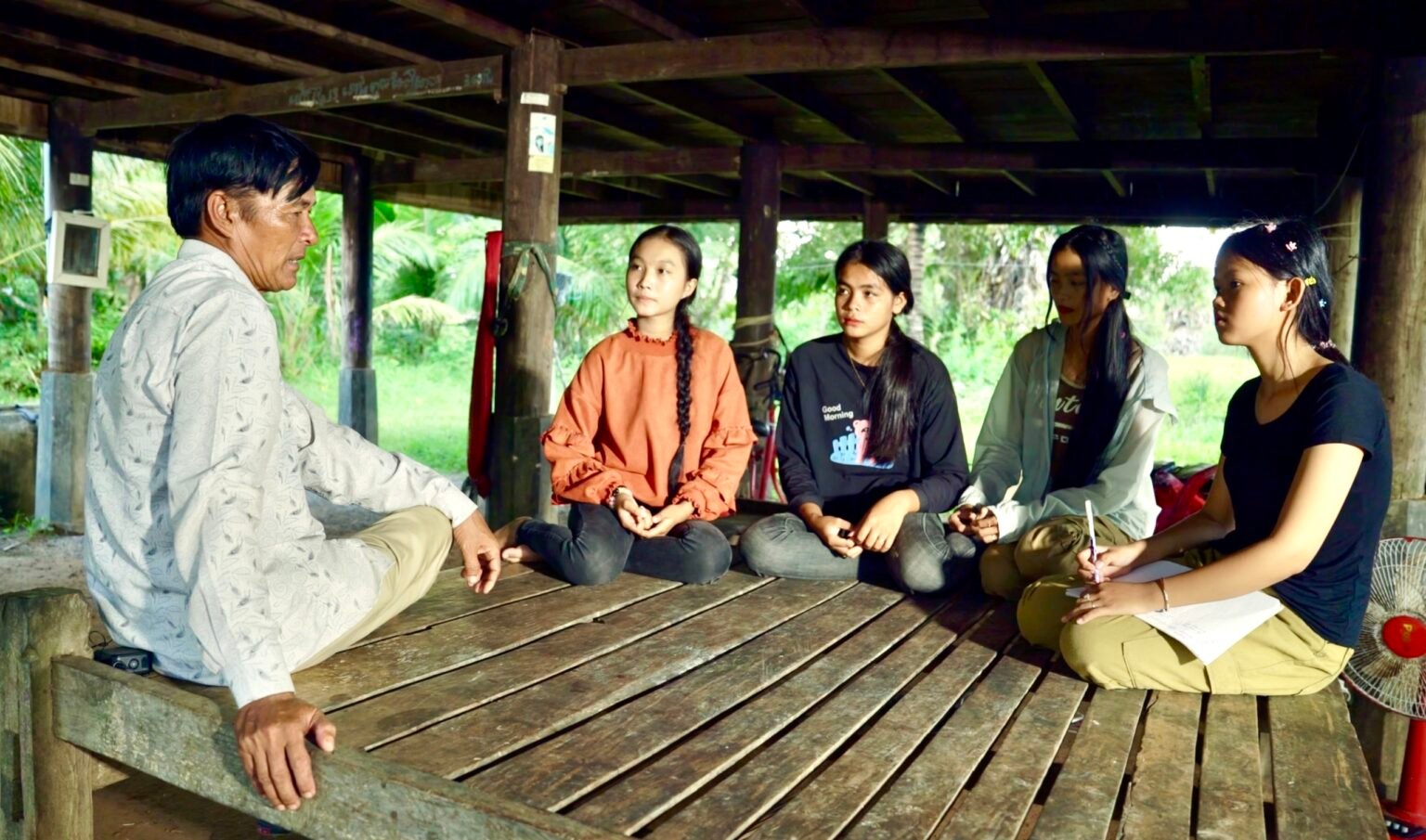Blog
Khmer Rouge Perspectives: Perpetrator Stories
- kudu-studios.com
- July 14, 2024

Kdei Karuna is an non-governmental organization that aims to spread awareness and promote peace in the nation of Cambodia. The project is designed to address and prevent past conflicts, fostering a united and harmonious future. We were able to create a short documentary with Kdei Karuna, emphasizing the importance of the oral history of the Khmer Rouge period. Being a part of this impactful initiative has profoundly shaped iMPACT STORY and its members to become valuable citizens and understand the conflict that happened in the past as well as offering insight into how young generations might seek to understand the history.
The Khmer Rouge period left a generation of Cambodians with trauma and painful memories. The event’s legacy has haunted those who have survived, leaving an indelible mark on their lives. Meanwhile, the younger generation has been eager to understand the traumatic history that has happened and oral history seems to be an effective learning guide for them. Personal narratives are important for effectively picturing an event because they are based on a real-life experience that an individual has had. Most importantly, the method allowed many young generations to learn that their family members were Khmer Rouge perpetrators or soldiers.
While complex emotions may be triggered, the young generation’s responses appear to be sympathetic and forgiving. One of the reasons was their family member’s lack of options, and they are, in some ways, doing the same to survive. The younger generation may feel less affected by the event than older generations, who have witnessed this pure tragedy in their lives and are personally attached to those memories. The post-trauma resulting from the event will always reignite the anger and grief, fueling the generation of victims to despise and find guilt among the perpetrator no matter what.
iMPACT STORY is home to a group of creative and innovative people from various backgrounds and generations. We understand the multiple perspectives that people from different generations may have. Members of our team who are part of the millennial generation expressed their sorrow and felt more attached to the event as their parents or their childhood are deeply filled with the event or the aftermath of what happened. On the other hand, the younger group of the team might find it difficult understanding the tragic history without those experiences being part of their life.
With that said, we are inspired and hopeful that oral history will play an important role in history lessons, illustrating the younger generation with vivid images through sharing what the experience was like. The entire iMPACT STORY team is grateful for the opportunity to contribute, and we fully support the system, knowing that it will surely have a significant impact on how we present our history.